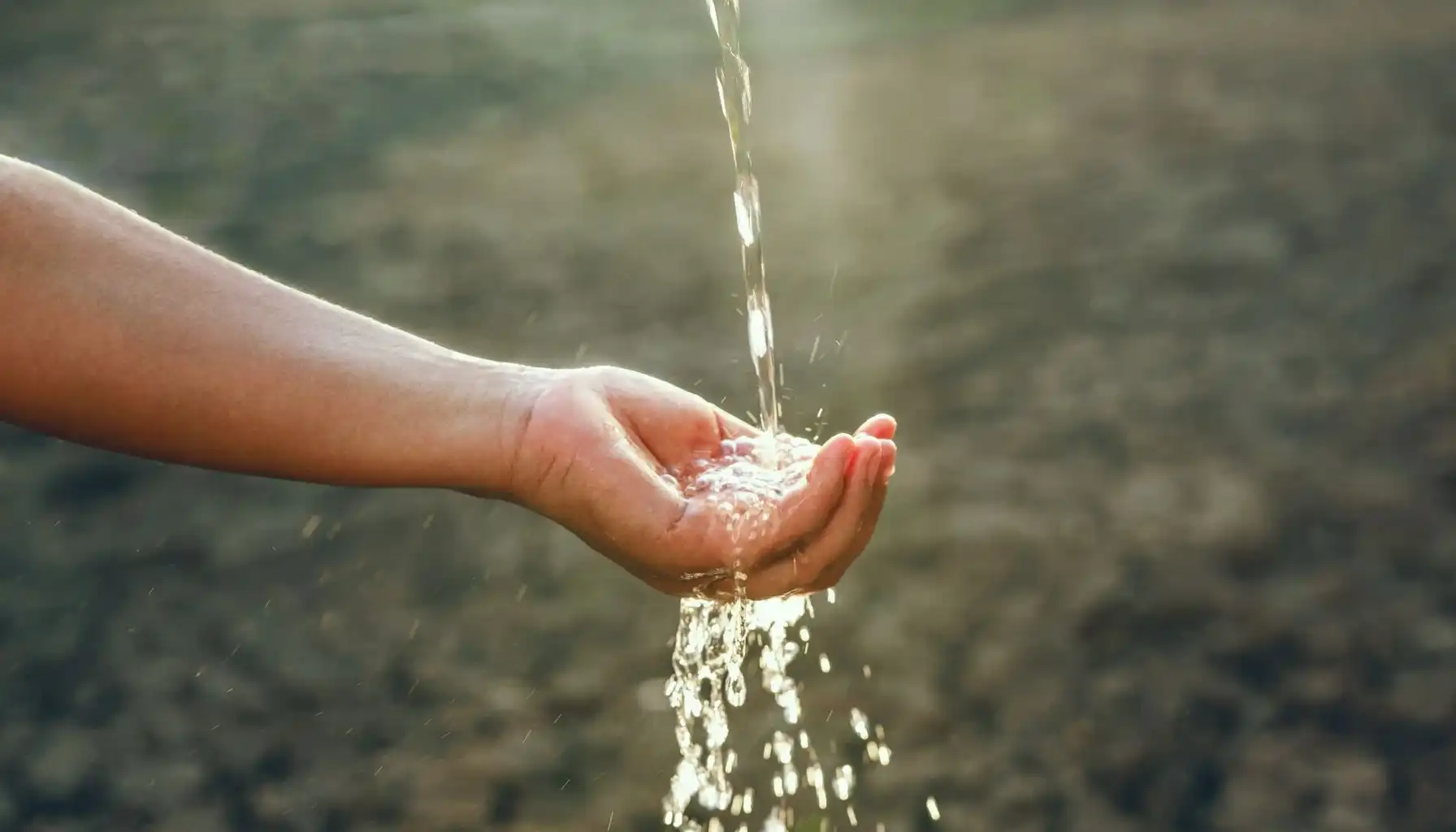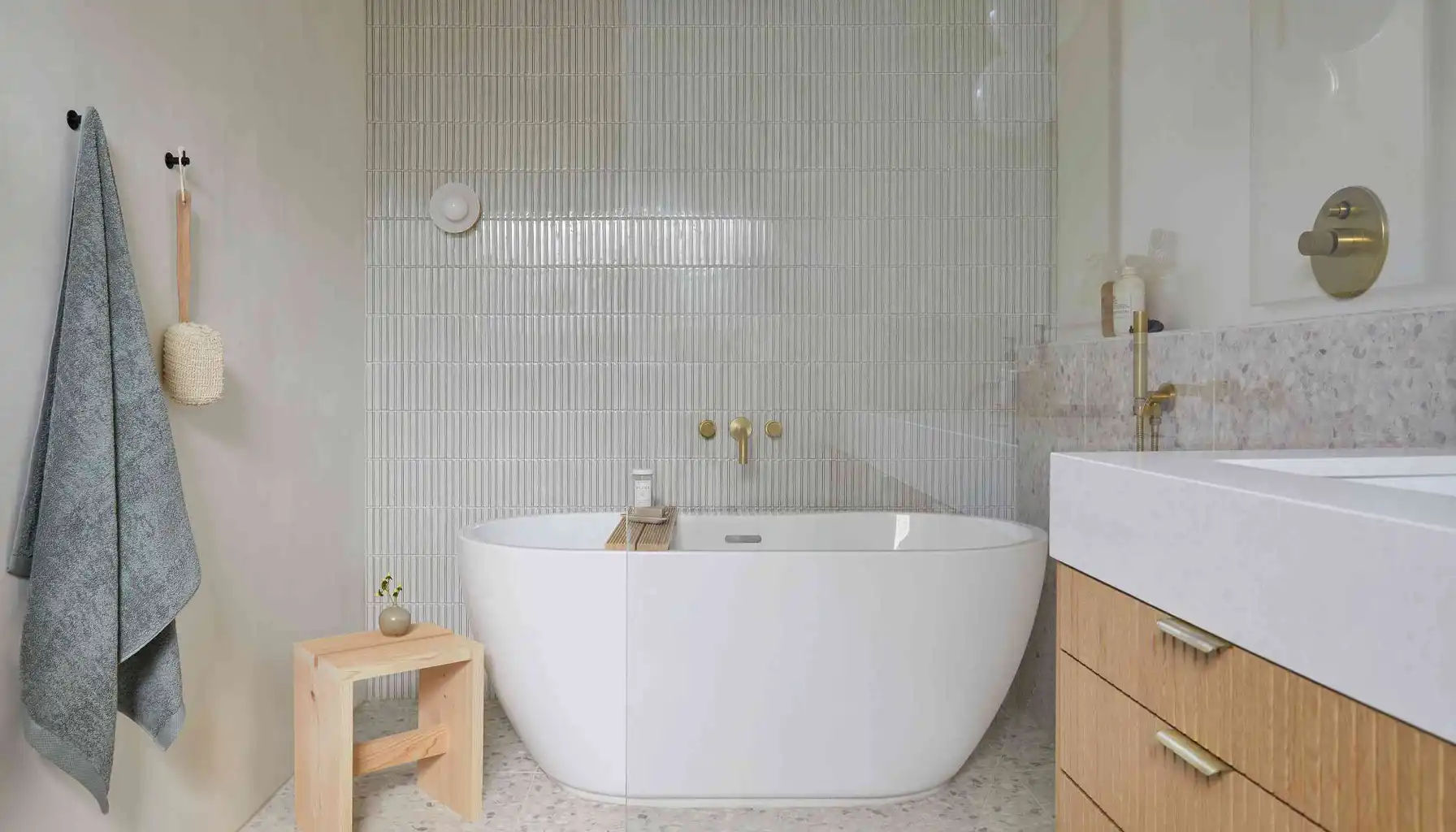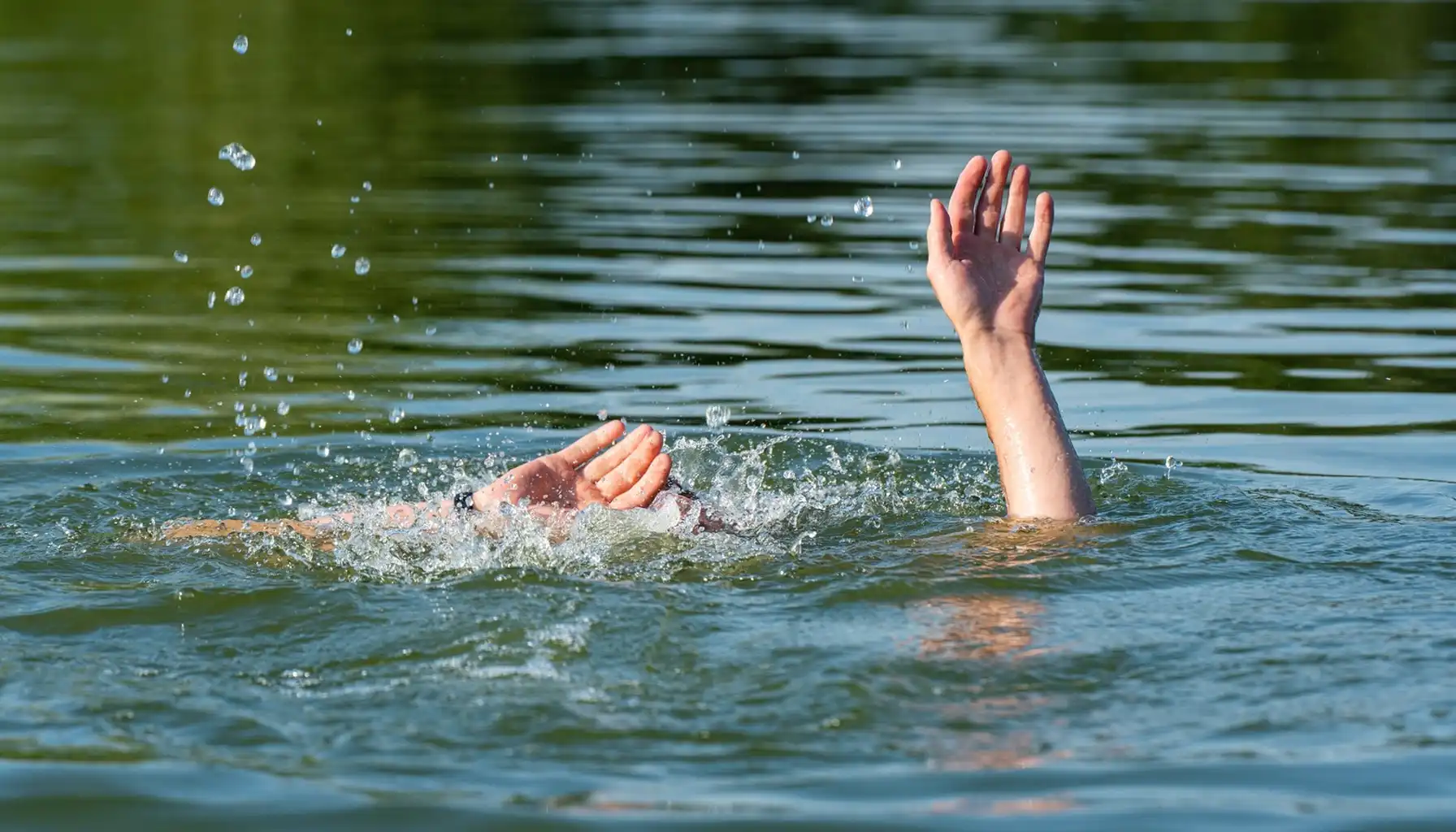What Is Ablutophobia? Symptoms, Causes, and Ways Out

Contents:
Cleanliness is next to godliness: when the body is free of dirt, so is the soul of one. For most people, cleaning rituals, which necessarily include bathing, become a pleasant routine that helps one wash away grime, sweat, and the stress accumulated over the day. But even the most common procedures can be hard to follow, however mandatory and simply important they may be.
Sometimes, people might experience an overwhelming, irrational fear at the very thought of bathing, and it gets so intense that the fear itself disrupts daily life, damages health, and poses threats to relationships. This condition is called ablutophobia.
Today, we are to cover the main problems associated with this disorder, obvious and concealed ablutophobia symptoms to expect, and coping mechanisms like cognitive training that may potentially ease the pain of living with fear. So, let us get started.

Clinical Ablutophobia Definition
The first and foremost step toward accepting the diagnosis is understanding the ablutophobia meaning.
In clinical terms, ablutophobia is considered a specific phobia, i.e., an inexplicable, consistent fear of a particular object, situation, or activity (bathing, in this case). To be more precise, the trigger usually refers to washing, bathing, or even coming into contact with water or other hygiene-related fluids at times. Nevertheless, one should understand that it is not about a dislike or neglect but a significant dysfunction that often leads to anxiety, panic, or active avoidance of the feared activity.
According to the Diagnostic and Statistical Manual of Mental Disorders (DSM-5), so as to be considered a phobia, a fear should meet certain requirements: it should provoke immediate reaction upon exposure to the trigger, be excessive and uncontrollable, and become the source of avoidant behavior that makes daily routines unbearable. Ablutophobia undoubtedly meets these criteria, for the anxiety it causes totally destroys the order of things, i.e., hygiene, social interactions, and overall well-being.

The Main Causes of Ablutophobia (Fear of Bathing)
In general, ablutophobia does need a rational reason, i.e., background, to appear. Like any other specific phobia, it consists of psychological, biological, and environmental factors that lay the foundation for the fear to take root. Anyway, every case is unique, but there are certain trends and risk groups that may contribute to the development of the phobia. So, what causes ablutophobia?
Traumatic or Negative Bathing Experiences
For some people, ablutophobia starts with an incident that should have involved water or bathing, e.g., nearly drowning or getting caught in the middle of the hygiene routine. As a result, the mind is to assign fear to the bathing procedures in general, without taking into consideration the real context and momentous elements as they are.
Family History and Learned Behavior
Besides, fear may be passed through observation. When someone in the family exhibits a strong fear of bathing, children may also try on these responses and develop the same behavioral patterns. Hereditary factors should not be neglected, for families frequently turn into the main source of anxiety, whether they strive to do so or not.

Neurological Changes with Aging
MRI and numerous neurological studies prove that changes in brain function associated with aging can influence the way fear responses are processed. This is exactly why some elderly individuals may have more intense yet strange phobias, with those related to bathing, not to mention.
Underlying Mental Health Conditions
Social anxiety disorder, post-traumatic stress disorder (PTSD), obsessive-compulsive disorder (OCD), or simple genetic anxiety may sometimes affect the emergence of ablutophobia in adults. In such cases, fear of bathing may be only a symptom of a more all-encompassing condition and the challenges it provides.
Physical and Emotional Symptoms
A person who has ablutophobia generally sees the bathroom as a place of panic, rather than a space to enjoy. On the physical level, they may experience the body’s typical “fight-or-flight” responses, while the emotional constituent is generally associated with intense anxiety, feelings of dread, and even full-blown panic attacks. So, what does ablutophobia mean in terms of its symptoms?
Type | Common Symptoms |
Physical | Racing heartbeat, dizziness, trembling, sweating, nausea, shortness of breath, chills or heat sensations |
Emotional | Intense fear, dread, panic attacks, irritability, pre-bathing anxiety |
Cognitive | Intrusive thoughts, catastrophic thinking, exaggerated sense of danger |
Important: The signs described above are only possible symptoms of ablutophobia. Experiencing one or more of them does not automatically mean a person has this condition. Mind that only a qualified healthcare specialist can evaluate symptoms and provide an accurate diagnosis.
The Hidden Cost of Avoidance: Health and Social Consequences
The cost of living with fear can be quite hard to pay. Although it seems rather obvious to quit doing something that makes you feel anxious or even depressed, this might have severe consequences on your health and social interactions, too.
From a health perspective, the Centers for Disease Control and Prevention (CDC) points out that regular washing (e.g., handwashing) is a mandatory act that prevents the spread of infectious diseases. This is how Homo sapiens has adapted to reality and turned into the most advanced (if we can say so) creature in the world.
In the end, poor hygiene can increase vulnerability to skin infections, aggravate existing skin conditions, and contribute to body odor, which, in turn, may cause secondary emotional distress and social isolation. Communication with those who suffer from this condition can be difficult due to their distorted views and stronger feelings of shame, guilt, and loneliness.

It is interesting! Frederick the Great, King of Prussia, was so terrified of water that baths were out of the question. Instead, his royal “spa treatment” involved servants giving him a thorough rubdown with dry towels. Such a humorous story about an almost tragic fact.
Ablutophobia Treatment: Methods to Reduce Fear
Is it even possible to defeat the inner demons? Yes, indeed! Nevertheless, this requires a combination of approaches to reach your goal without harming yourself. These may involve psychological therapy, gradual exposure, lifestyle adjustments, and mental skills development. So, what else should you do so as to get rid of that naughty feeling deep inside?
Treatment Method | Description | Potential Benefits |
Cognitive Behavioral Therapy (CBT) | A structured form of psychotherapy that helps people identify and change unhelpful thoughts and behaviors related to bathing. | Reduces the impact of fear triggers and promotes healthier coping strategies. |
Exposure Therapy | Gradual, controlled exposure to bathing situations, starting with mild triggers and building tolerance over time. | Desensitizes fear responses and increases comfort with bathing routines. |
Relaxation and Breathing Techniques | Practices such as mindfulness meditations, deep breathing, guided imagery, and progressive muscle relaxation. | Calms the body’s stress response and improves emotional control. |
Support Groups or Peer Counseling | Interaction with others facing similar challenges to share experiences and coping methods. | Reduces feelings of isolation and provides emotional sobriety, solidarity, and support. |
Medication (if prescribed by a professional) | Short-term use of anti-anxiety or related medications under medical supervision. | Helps manage severe symptoms, making therapy easier to engage in. |
Cognitive Training | Brain-training programs like those provided by Mind Elevate with diverse exercises targeting memory, attention, logic, math, and overall perception. | Strengthens mental flexibility, neuroplasticity, and focus, supporting therapy progress in the long run. |
Note: Please do not consider these options as your treatment plan. Only a qualified mental health professional can diagnose ablutophobia and recommend an appropriate solution.
Even the most persistent fears can fade away. Just let professionals help you get over it – this is the only way to begin.





